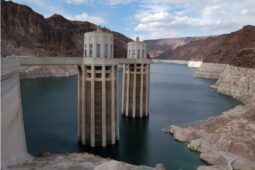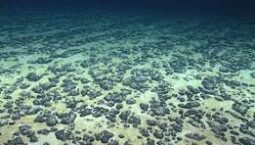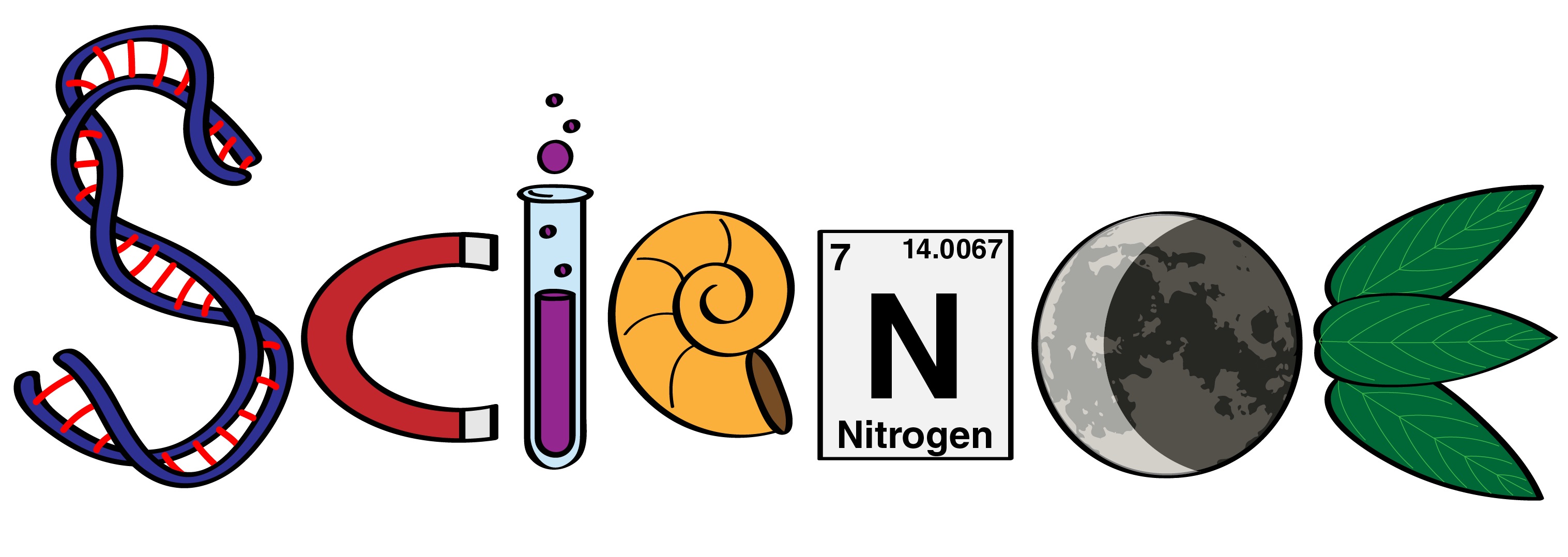 The Blue Plate in a Red-hot World (start time: 7:46) While adding cream to your morning cup of coffee, or digesting the hamburger that you grilled last night, you might not have been asking yourself, What’s the carbon footprint of these ingredients and meals? Understandable. Our guest today, ecologist Mark Easter, however, has pondered this question intensely for many years, when he grocery shops, plans his next meal, and researches. Easter is a so-called greenhouse gas accountant, one who measures the sources and sinks of GHG emissions from agricultural practices.
The Blue Plate in a Red-hot World (start time: 7:46) While adding cream to your morning cup of coffee, or digesting the hamburger that you grilled last night, you might not have been asking yourself, What’s the carbon footprint of these ingredients and meals? Understandable. Our guest today, ecologist Mark Easter, however, has pondered this question intensely for many years, when he grocery shops, plans his next meal, and researches. Easter is a so-called greenhouse gas accountant, one who measures the sources and sinks of GHG emissions from agricultural practices.
It’s a vexing and critical calculus. After all, agriculture generates more than 10 percent of U.S. greenhouse gas emissions. Easter’s debut book, The Blue Plate: A Food Lover’s Guide to Climate Chaos (Patagonia), has just been published. It highlights not just the causes of our climate crisis, but also a growing number of farmers, ranchers and orchardists who are practicing low-carbon, soil-enhancing methods on their land, and as a result boosting their crop yields and revenues.
Hosts: Susan Moran, Joel Parker
Show Producer/Executive Producer: Susan Moran
Engineer: Joel Parker
Headline contributors: Beth Bennett, Joel Parker, Shelley Schlender
Listen to the show here:
Podcast: Play in new window | Download (Duration: 27:46 — 25.4MB)
Subscribe: RSS



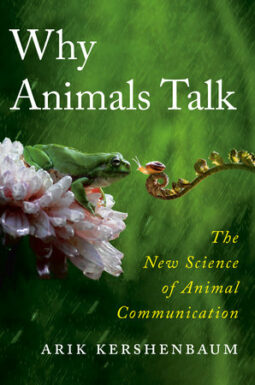 Animal Communication Science (start time: 2:57) Whether you own a dog or horse, or have listened to dolphins, wolves, chimpanzees or other wild animals, you’ve probably wondered what they’re saying when they communicate vocally – and why do they communicate the way they do? Our guest, zoologist
Animal Communication Science (start time: 2:57) Whether you own a dog or horse, or have listened to dolphins, wolves, chimpanzees or other wild animals, you’ve probably wondered what they’re saying when they communicate vocally – and why do they communicate the way they do? Our guest, zoologist 
 Making “Compostable” Products Truly Compostable (start time: 0:56) Y
Making “Compostable” Products Truly Compostable (start time: 0:56) Y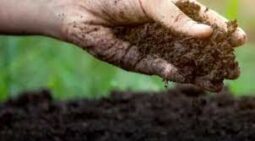
 Birds of Spring, Habitat Preservation (start time: 3:08) It’s springtime, when many of us are woken up at the crack of dawn by a chorus of chickadees or other songbirds outside. To celebrate these emblems of spring, and World Migratory Bird Day (May 18), How On Earth’s Susan Moran interviews two bird/nature experts about the state of affairs for the North America bird population , including threats to their survival, efforts to preserve their habitats, and how we humans can get outside and appreciate the natural world while helping to give birds, insects and other wildlife a leg up.
Birds of Spring, Habitat Preservation (start time: 3:08) It’s springtime, when many of us are woken up at the crack of dawn by a chorus of chickadees or other songbirds outside. To celebrate these emblems of spring, and World Migratory Bird Day (May 18), How On Earth’s Susan Moran interviews two bird/nature experts about the state of affairs for the North America bird population , including threats to their survival, efforts to preserve their habitats, and how we humans can get outside and appreciate the natural world while helping to give birds, insects and other wildlife a leg up. 